
Domestic
14:35, 04-Jun-2019
Guangdong commemorates 180th anniversary of anti-opium event
Zhu Longzhou
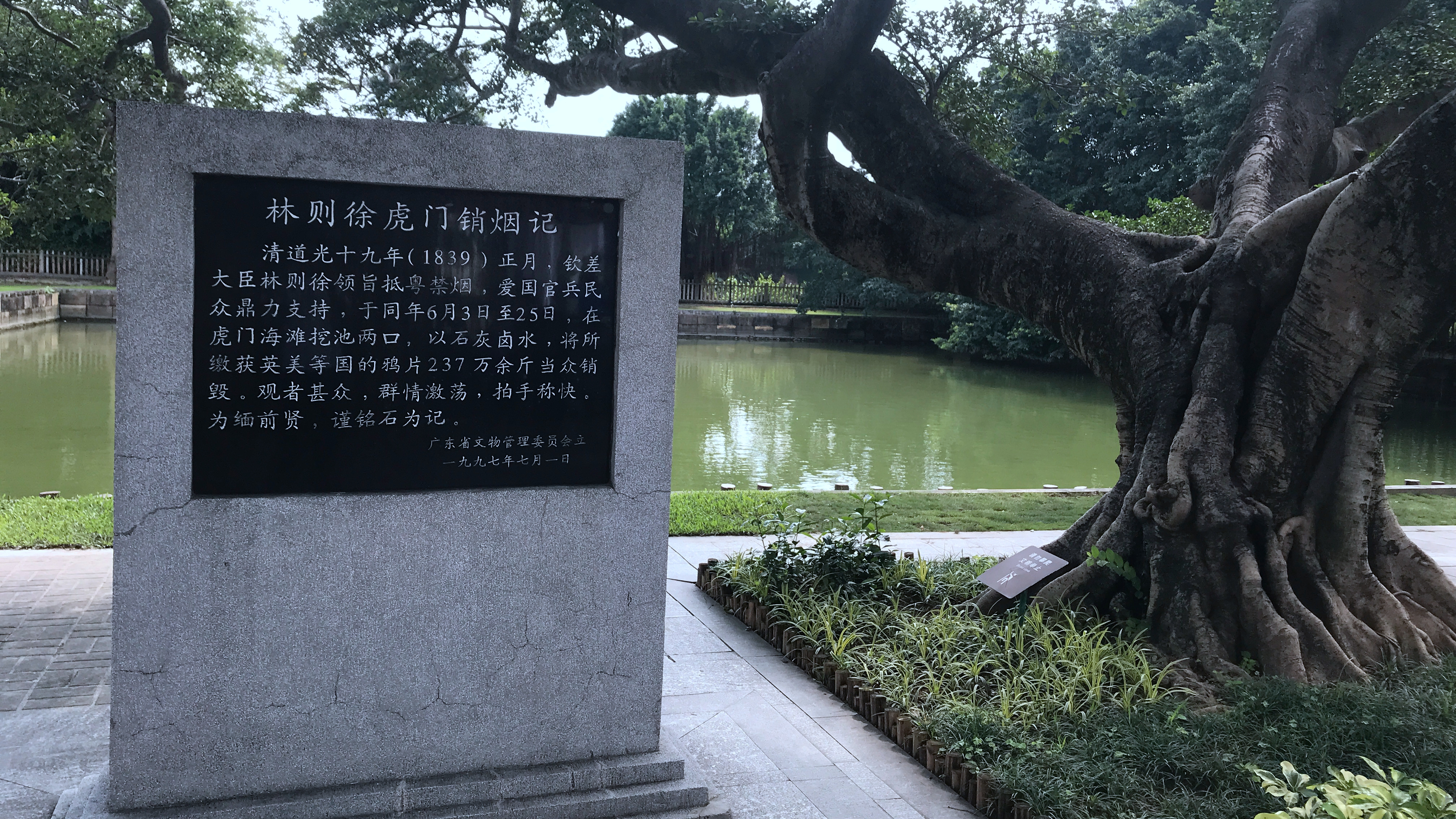
South China's Guangdong Province began a series of activities on Monday to commemorate the 180th anniversary of the Destruction of Opium at Humen, a historical anti-drug event.
The province's vice-governor and police chief Li Chunsheng attended the event and delivered a keynote speech.
Teenagers from Guangdong, Hong Kong and Macao gathered in Humen to lay wreaths in front of the Statue of Lin Zexu, a commissioner during the Qing Dynasty (1616-1912) who burned more than 1,000 tons of opium seized from British traders.
Lin Honghan, a descendant of Lin Zexu, led the teenagers' pledge to show anti-drug determination and held a drug burning ceremony at the same place where Lin Zexu disposed of opium 180 years ago.
The destruction of opium started from June 3, 1839 and lasted till June 25 at Humen Township of Dongguan City. Around 1,016 tons of opium were destroyed, supervised by Lin.
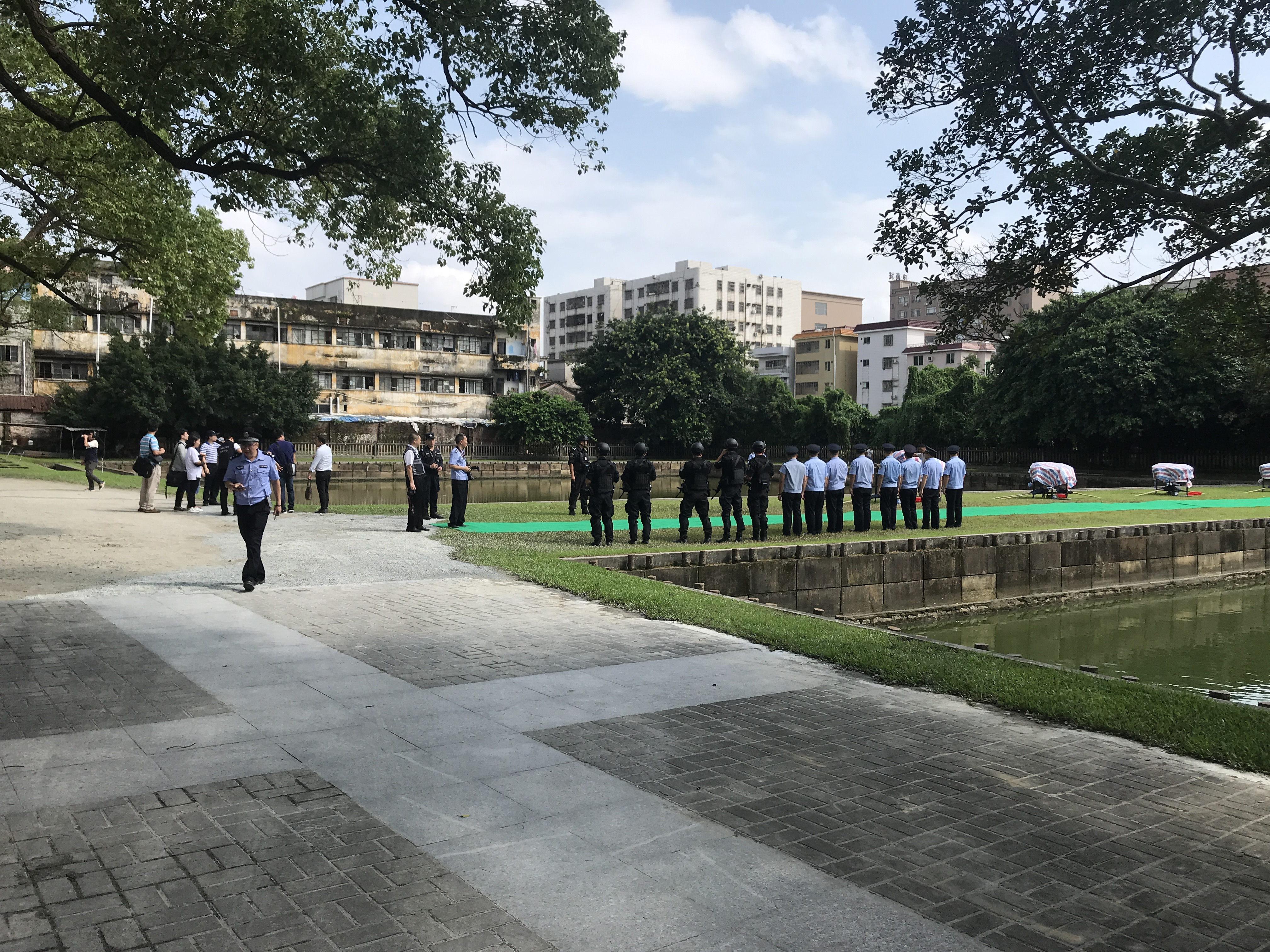
Police hold a drug burning ceremony in Humen Park, Guangdong Province, south China, June 3, 2019. /CGTN Photo
Police hold a drug burning ceremony in Humen Park, Guangdong Province, south China, June 3, 2019. /CGTN Photo
Conducted on the banks of the Pearl River along Humen, the act eventually provided an excuse for Great Britain to declare war on China, during the Qing Dynasty. The war is known as the First Opium War in history, a clash that initiated China's opening for trade with foreign countries under a series of unequal treaties by Western powers.
The world-renowned event is considered as a milestone and a classic example of anti-drug fight around the globe. Knowing the action could irritate Western powers, Lin, the imperial commissioner, remained committed to fighting opium.
Today, a statue of Lin Zexu is erected in New York, and the facade of the Monument to the People's Heroes standing in downtown Beijing's Tiananmen Square celebrates the event to show respect to anti-drug heroes and martyrs, and the determination of the entire country and people in their war on drugs.
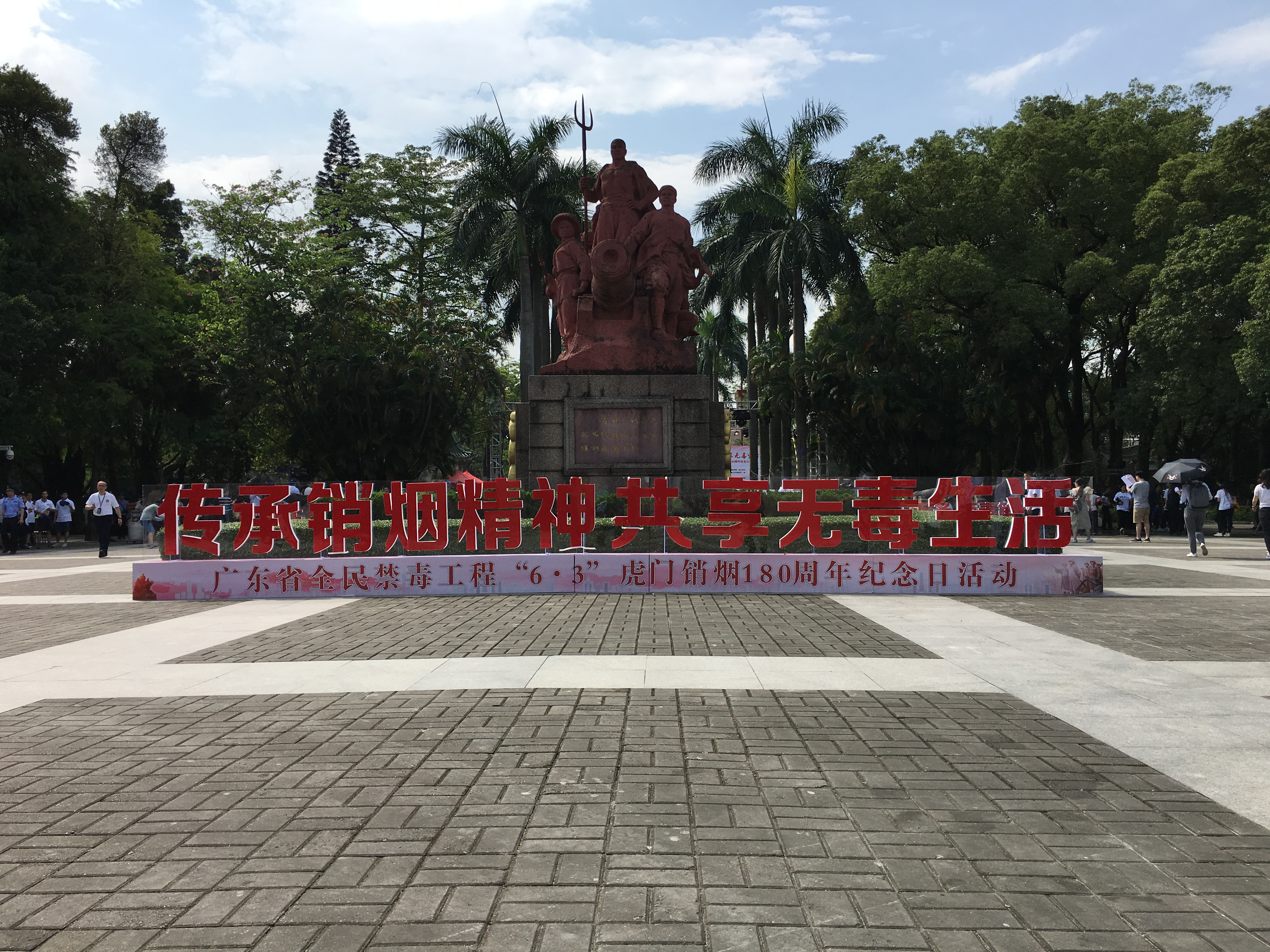
A view of Humen Park in south China's Guangdong Province, June 3, 2019. /CGTN Photo
A view of Humen Park in south China's Guangdong Province, June 3, 2019. /CGTN Photo
180 years on, Guangdong is still at the frontline against drug trafficking.
A television series, "The Thunder," gained popularity recently for retelling the true story of "Operation Thunder," a massive drug bust in Boshe Village in Guangdong.
Boshe Village had been a hidden drug hub and threatened the region for years. With heavily armed forces guarding it, the village was home to Chinese outlaws.
In 2013, Guangdong police raided in the village. During the operation by 4,000 officers, police dismantled 18 drug-trafficking gangs, captured 182 people, destroyed 77 drug laboratories and a facility making explosives. Police also seized 2,925 kg of methamphetamine, 260 kg of ketamine, 23 tons of raw materials for drug making and weapons and ammunition, among others.
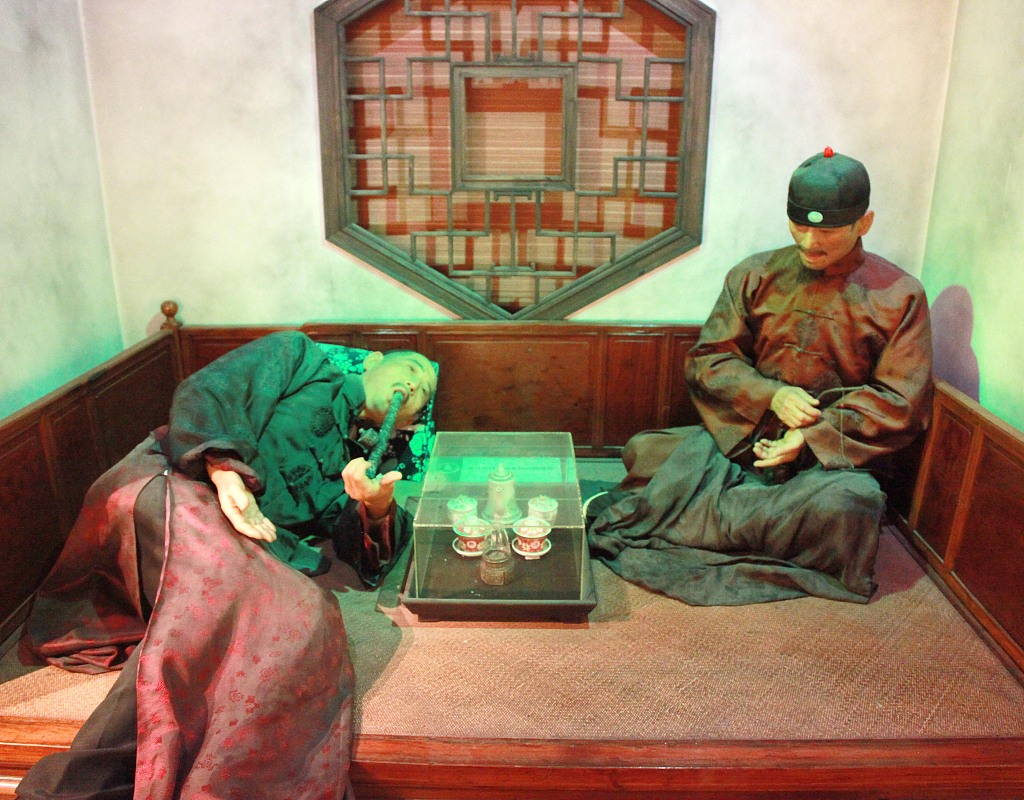
Wax statues of Qing people taking opium in an Anti-drug Museum in Nanjing, east China's Jiangsu Province, August 11, 2012. /VCG Photo
Wax statues of Qing people taking opium in an Anti-drug Museum in Nanjing, east China's Jiangsu Province, August 11, 2012. /VCG Photo
The impressive victories are taken at the expense of sacrifices by China's narcotics police.
Data shows the death rate of narcotics police in China is 4.9 times higher than that of other officers, and the injury rate is 10 times higher. The average age of fallen narcotics officers is 41, which is 32.5 years lower than the average life expectancy of the country. Among them, the oldest is 68 and the youngest is only 18.
Drug control still has a long way to go. By 2017, over two million people were registered as drug addicts in China, including 15,000 under the age of 18 years old. Nearly 200,000 drug criminals had been arrested.
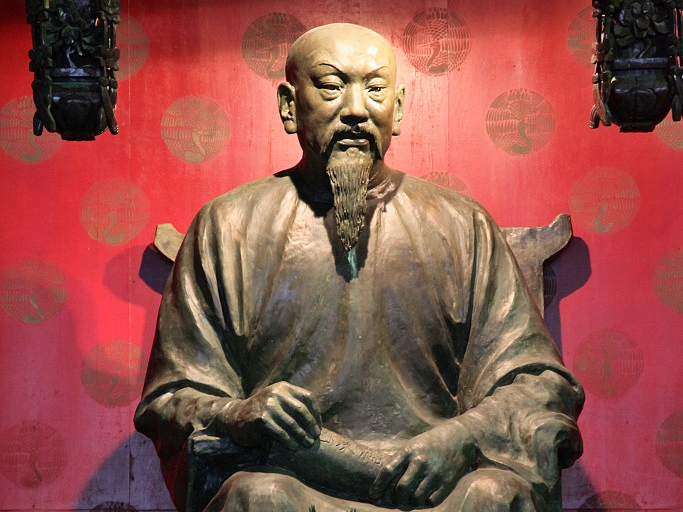
A Lin Zexu statue in Fuzhou, southeast China's Fujian Province, February 15, 2010. /VCG Photo
A Lin Zexu statue in Fuzhou, southeast China's Fujian Province, February 15, 2010. /VCG Photo
The smoke from burning opium is long gone, but the war against drugs still rages on.
(Lai shiwen contributed to this story)

SITEMAP
Copyright © 2018 CGTN. Beijing ICP prepared NO.16065310-3
Copyright © 2018 CGTN. Beijing ICP prepared NO.16065310-3